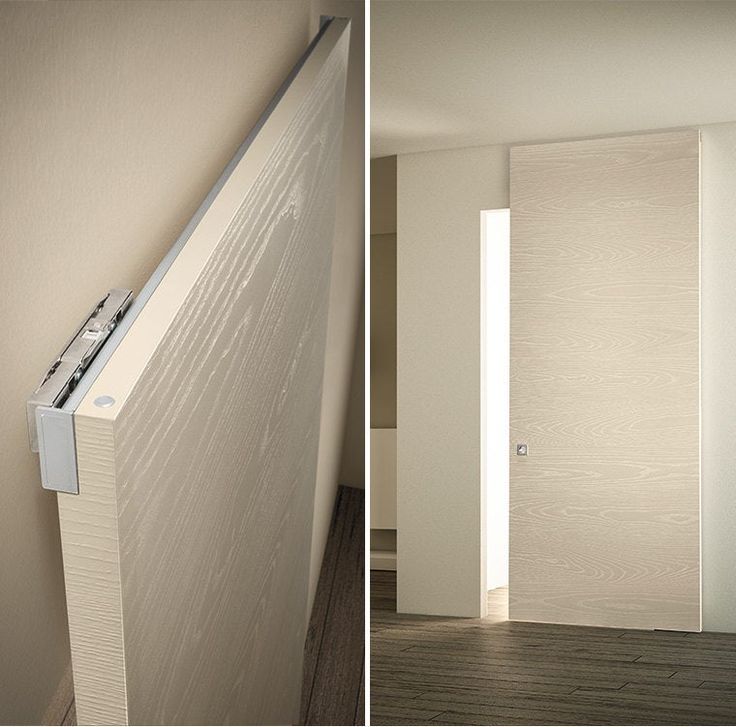
Sliding doors are a popular choice for both residential and commercial spaces due to their space-saving design and modern aesthetic. However, to ensure smooth operation and longevity, it's essential to invest in high-quality sliding door hardware. This guide will walk you through the key factors to consider when selecting the right hardware for your sliding doors.

(Invisible sliding door system)
1. Type of Sliding Door System
The first step in choosing the right hardware is to determine the type of sliding door system you have or plan to install. There are three main types:
①Top-Hung Systems: These systems use a track and wheel mechanism suspended from the ceiling or header above the door. They are ideal for large, heavy doors and provide a clean, unobstructed view.
②Bottom-Roller Systems: This type uses a track on the floor and wheels on the bottom of the door. It's a popular choice for its ease of installation and affordability.
③Cantilever Systems: Also known as overhead systems, these support the entire weight of the door from above without the need for a floor track, making them suitable for glass doors and interior applications.
2. Material and Finish
Sliding door hardware comes in various materials, including stainless steel, aluminum, and brass. Each material offers different benefits:
①Stainless Steel: Known for its durability and resistance to corrosion, making it ideal for high-traffic areas and outdoor use.
②Aluminum: Lightweight and affordable, it's a popular choice for residential applications. However, it may not stand up as well to heavy use over time.
③Brass: Offers a luxurious look and is durable, but it can be more expensive and may tarnish over time.
Choose a finish that complements your door and the overall design of the space. Options range from matte black to polished chrome.
3. Load Bearing Capacity
The weight and size of your door will determine the load bearing capacity of the hardware you need. Heavier doors require hardware capable of supporting more weight. Check the manufacturer's specifications to ensure the hardware can handle the door's weight.
4. Noise Reduction
For quiet operation, look for hardware with noise reduction features. This can include silent wheels, insulated tracks, or dampening systems that minimize the sound of the door rolling.
5. Ease of Operation
The hardware should allow for smooth and easy operation. Test the wheels and tracks for smoothness, and ensure the system doesn't bind or stick. High-quality bearings in the wheels can significantly improve the ease of operation.
6. Aesthetics
The design of the hardware should blend with or enhance the overall design of your space. Consider the style of the door and the room's décor when selecting the hardware.
7. Compatibility
Ensure the hardware is compatible with the door's material and the track's dimensions. For example, a glass door may require different hardware than a wooden door.
8. Maintenance
Choose hardware that is easy to maintain and clean. Some systems may require periodic lubrication, while others are designed for low maintenance.
9. Safety Features
Especially for sliding doors in commercial or public spaces, consider hardware with safety features such as finger protection to prevent injuries.
Selecting the appropriate sliding door hardware is crucial for the performance, safety, and durability of your sliding doors. By taking into account the system type, material, load-bearing capacity, noise reduction, ease of operation, aesthetics, compatibility, maintenance, safety features, and warranty, you can ensure that you choose the best hardware for your specific needs. If you're uncertain, consult with professionals from HEBO, and remember that investing in high-quality hardware can save you time and money in the long run.